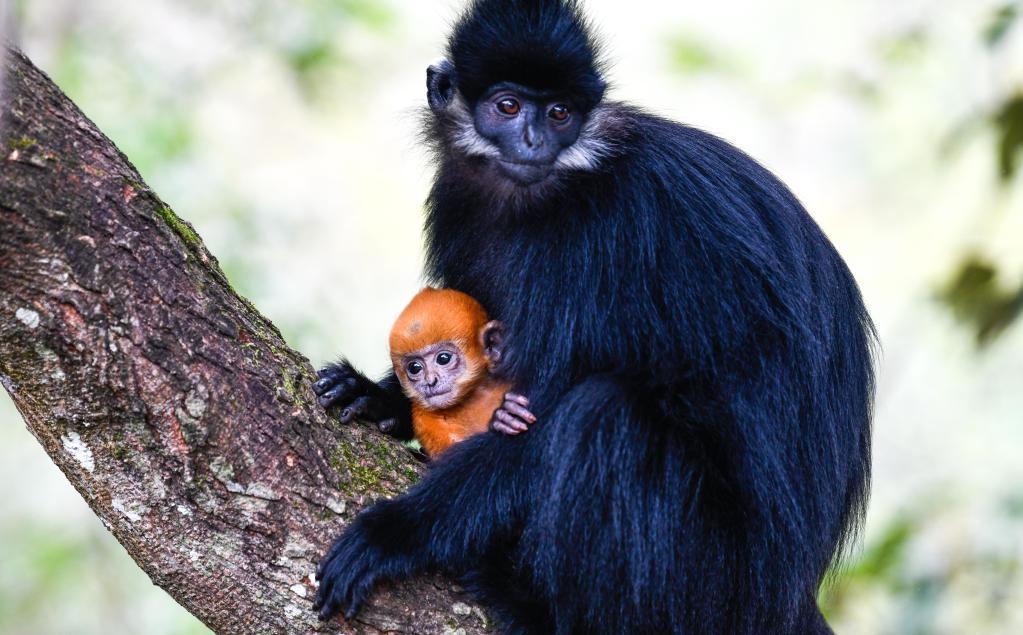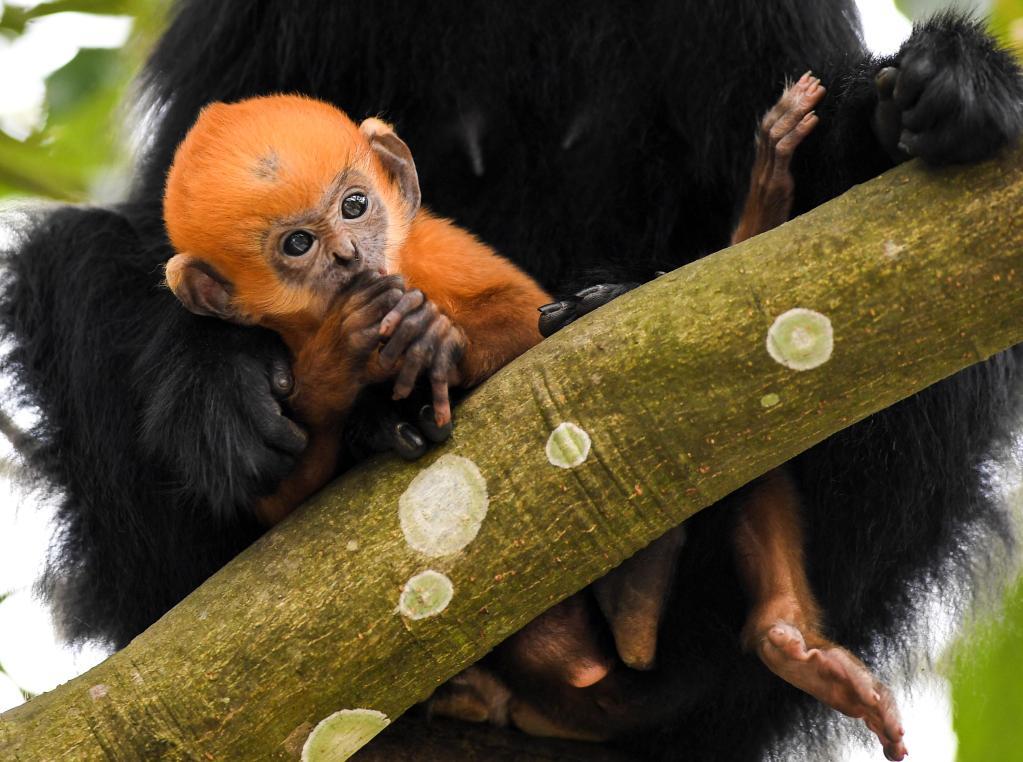The Ultimate Guide to Capuchin Monkeys as Pets: What You Need to Know
Guide or Summary:DietSocializationHousingHealth Care#### Introduction to Capuchin Monkeys as PetsCapuchin monkeys as pets have gained popularity among exoti……
Guide or Summary:
#### Introduction to Capuchin Monkeys as Pets
Capuchin monkeys as pets have gained popularity among exotic animal enthusiasts. These intelligent and playful creatures are known for their engaging personalities and social nature. However, owning a capuchin monkey is not as simple as it may seem. This guide will explore everything you need to know about capuchin monkeys as pets, including their care requirements, legal considerations, and the challenges of pet ownership.
#### Understanding Capuchin Monkeys
Capuchin monkeys, scientifically known as *Cebus apella*, are small primates native to Central and South America. They are characterized by their distinctive coloration, with a cream-colored face and dark brown or black fur. These monkeys are highly social animals that live in groups in the wild, which means they thrive on interaction and companionship.
#### Legal Considerations for Owning Capuchin Monkeys as Pets
Before considering capuchin monkeys as pets, it is crucial to understand the legal implications. In many places, owning a capuchin monkey is regulated or even prohibited. Potential owners should research local laws and regulations regarding exotic pets. Some states may require permits, while others may have outright bans on keeping primates as pets.
#### Care Requirements for Capuchin Monkeys
Capuchin monkeys as pets require a significant commitment in terms of care and attention. Here are some essential aspects of their care:
Diet
Capuchin monkeys are omnivorous and require a balanced diet that includes fruits, vegetables, nuts, and high-quality primate pellets. Fresh water should always be available. Owners must avoid feeding them processed foods or foods high in sugar and fat, as these can lead to health issues.
Socialization
These monkeys are incredibly social animals and require regular interaction with their owners or other animals. Isolation can lead to behavioral problems, including aggression and depression. It is recommended to spend several hours each day engaging with your capuchin monkey.

Housing
Capuchin monkeys need a spacious and secure environment to thrive. A large, well-ventilated cage is essential, along with plenty of toys and climbing structures to keep them mentally stimulated. Additionally, they should have access to a safe outdoor area for exercise and exploration.
Health Care
Regular veterinary check-ups are crucial for maintaining the health of capuchin monkeys. Owners should find a veterinarian experienced in exotic animals to ensure proper care. Vaccinations, parasite control, and dental care are all important aspects of their health management.
#### The Challenges of Owning Capuchin Monkeys as Pets
While capuchin monkeys can be affectionate and entertaining companions, they also come with unique challenges. Their intelligence means they require constant mental stimulation and enrichment. Without adequate engagement, they may develop destructive behaviors or become bored.
Additionally, capuchins can be unpredictable. They may exhibit aggressive behavior, especially if they feel threatened or stressed. This makes them unsuitable for families with young children or other pets.

#### Conclusion
In summary, capuchin monkeys as pets can be a rewarding experience for those who are well-prepared to meet their needs. They require a significant amount of time, effort, and resources to ensure their well-being. Potential owners should carefully consider the responsibilities involved and conduct thorough research before deciding to bring a capuchin monkey into their home. By understanding the legal, social, and care requirements, you can make an informed decision about whether a capuchin monkey is the right pet for you.